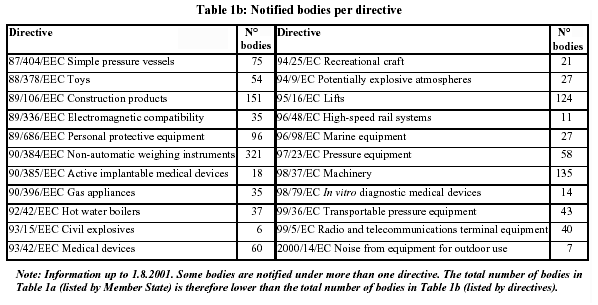Is a notified body mandatory?

Notified Body
When entering the European market with your product, obtaining CE marking is a crucial step. This marking shows that your product complies with EU safety, health and environmental protection legislation. But whether you need a Notified Body depends on several factors, such as the product category and associated risks. A Notified Body is an organization designated by the European Commission within Europe authorized to perform conformity assessments according to the relevant directives.
Self CE certification
For some products, self-certification is sufficient. This means that as a manufacturer, you can self-declare that your product meets the required standards, after going through the necessary tests and compiling the technical documentation. Products such as simple household appliances and toys can often obtain CE marking without the intervention of a Notified Body, provided the risks are low and the standards are clearly defined. In such cases, you save not only time but also the costs associated with external review.
When do you need a notified body?
However, for products with higher risks, the role of a Notified Body is indispensable. Consider medical devices, explosion-proof equipment, and certain machinery. These products require a more thorough and independent assessment to ensure that they meet strict safety standards. The Notified Body conducts inspections, tests and audits, and issues the necessary certificates. This process provides additional assurance to both the manufacturer and the end user that the product meets all legal requirements.
What notified bodies are there?
Some well-known Notified Bodies are TÜV Rheinland, BSI Group, SGS, Dekra, and UL. These organizations have the expertise and authority to conduct detailed inspections, tests and audits to ensure that products meet strict EU standards.
The 4-digit code assigned to a Notified Body is a unique identifier used to identify the specific organization that performed the conformity assessment. This code is often displayed next to the CE mark on a product, indicating that an approved Notified Body was involved in the assessment and certification. For example, if you see a product with the CE mark and the code “0123,” it means that the Notified Body with the code 0123, in this case TÜV SÜD, approved the product. This system ensures transparency and traceability in the conformity assessment process.
For more information on Notified Bodies and their specific roles, please visit the NANDO website. Here you will find a complete list of recognized Notified Bodies and their respective 4-digit codes, as well as detailed information on their competencies and certification areas.
Conclusion
In short, engaging a Notified Body is not always mandatory, but essential for products with higher risks or complex regulations. It is important to know and understand the specific requirements for your product category. By determining early whether a Notified Body is needed, you can take the right steps to ensure that your product enters the European market safely and legally. Whether you choose self-certification or external assessment, complying with CE regulations is a fundamental part of building trust and success in the European marketplace.
Within Instrux, we have years of experience when it comes to working with Notified Bodies. Looking for someone to handle the contact for you? Or do you want to make sure you need one? If so, please contact us.